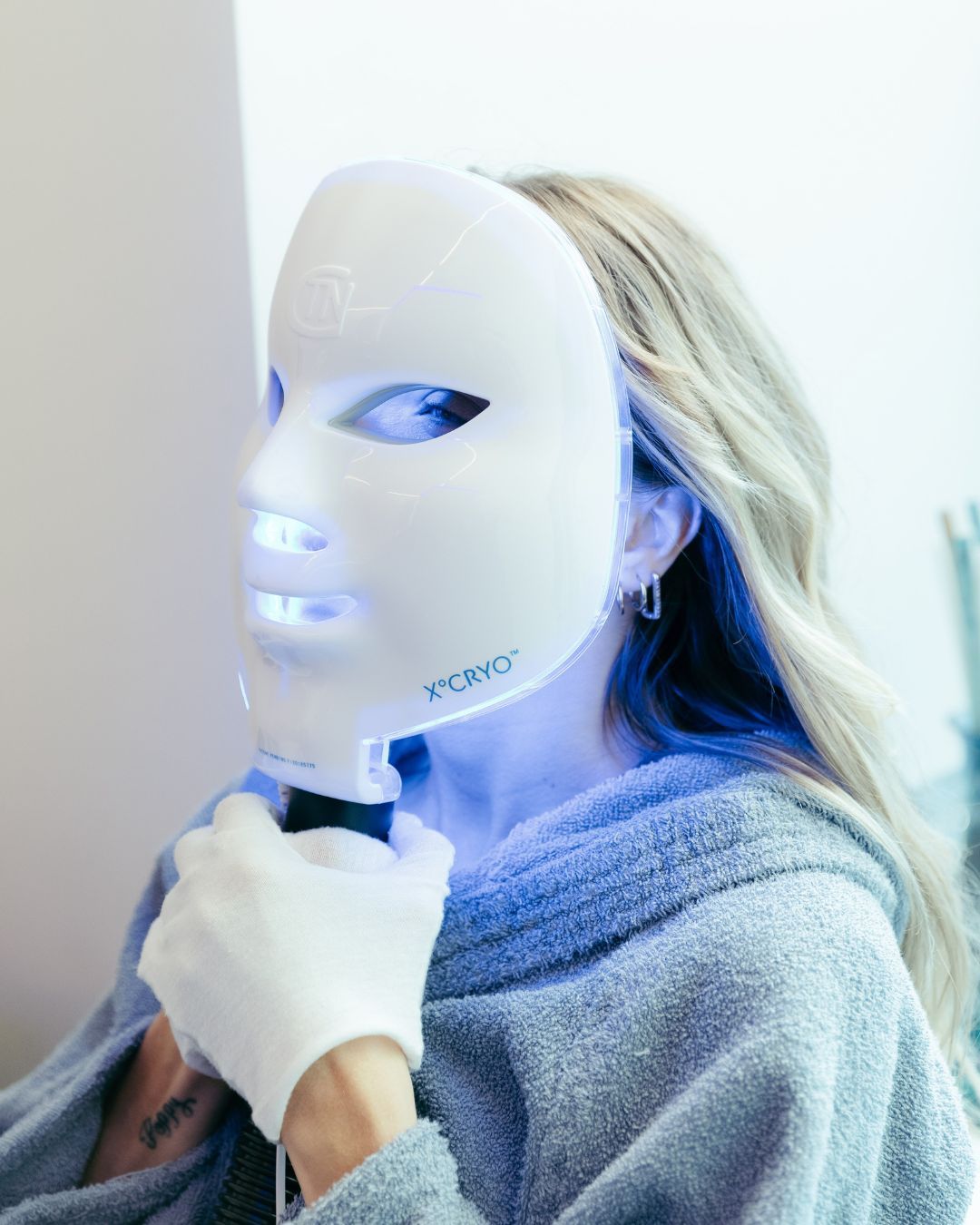
It's time to think about pelvic floor health New study finds more women are suffering from problems in this part of the body
The pelvic floor is a group of muscles, tendons, ligaments, and nerves that extends like a hammock from the pubic bone to the coccyx, and across the width of the pelvis from one side to the other, supporting the bladder, uterus, and intestine. It is essential for many activities of daily life: from posture to continence of the urethral and rectal sphincters, to sexual function and reproduction. It allows us to sit, stand, squat, go to the bathroom easily and have sex, and for this reason, it must be toned but also elastic. A pelvic floor that is too rigid or weak not only causes incontinence and uterine prolapse, but can also affect sexual intercourse making penetration painful. Therefore, we should take care of it with the same consistency and habit as we do when brushing our hair or brushing our teeth.
Weakening of the pelvic floor, a very common problem
A recent survey conducted on women aged 18 to 59 by Origin - the leading provider of female pelvic floor physiotherapy and overall body in the United States in collaboration with market research giant Ipsos - found that eight out of 10 women, many of them millennials, deal with pelvic health problems. The discovery dispels the myth that dysfunctions in this area of the body only affect women later in life, after childbirth or at the onset of menopause. From the responses of the interviewees, it emerges that millennials experience higher rates of bladder-related issues compared to women of the Generation X: more than half suffer from urinary leaks when coughing, laughing, or engaging in physical activity, and many struggle with pain during sexual intercourse, experiencing difficulty reaching orgasm.
Weakening of the pelvic floor, causes
The data confirm that the most common cause of pelvic floor problems in millennials is childbirth (both vaginal and cesarean), followed by menopause, during which the decrease in hormones makes tissues less elastic and consequently weakens the pelvic floor. Among other factors there are genetic predisposition, pelvic trauma, a history of urinary tract infections that may have caused scarring, irritating substances such as caffeine, alcohol, seltzer water, and chocolate or chemicals contained in soaps, inadequate water intake, prolonged sitting, hormonal reactions, and endometriosis. Even emotional stress and mental health can negatively impact sexual arousal and chronic pelvic pain.
It's time to think about pelvic floor health
Despite the fact that for many people the genital-pelvic area is still associated with multiple social and cultural taboos, the Origin and Ipsos survey highlighted that, compared to the past, there has been a 300% increase in interest in pelvic floor health in the last year and greater awareness towards one's own body and sexual well-being. Pelvic health problems are not new; they have been known among women for generations, but they have long been trivialized or dismissed by the medical community and society. Now, fortunately, things are starting to change.
Who to turn to for pelvic floor health
Given its importance in daily functions, we should always pay attention to our pelvic floor, but we should definitely seek help from a qualified professional if we notice that something is wrong or, conversely, if we want to ensure that everything is functioning well. There are different medical and healthcare figures that one may encounter during a pelvic floor rehabilitation and care journey, each with their own professional peculiarities: the gynecologist, the midwife, the physiotherapist, the osteopath, the sexologist. There are several groups and professionals online who share their knowledge, experiences and some tips, helping to normalize the dialogue and, consequently, the training and care of the pelvic floor. Among the most active ones, we mention Hale, a community of people who speak openly about chronic pelvic pain and help raise awareness and deal with its dysfunctions concretely; Pavimento Pelvico Italia, a website where you can find experts in perineal pelvic rehabilitation; Pelvìc Italia, a network of specialized centers in pelvic floor physiotherapy, diastasis, and dermo-functional treatments which also includes Elena Bertozzi. The perineal floor physiotherapist, specialized in pelvic floor rehabilitation, is known on Instagram as @the_secrets_of_perineum, where she shares her professional knowledge to improve the quality of life of her patients and those who view her content.























































